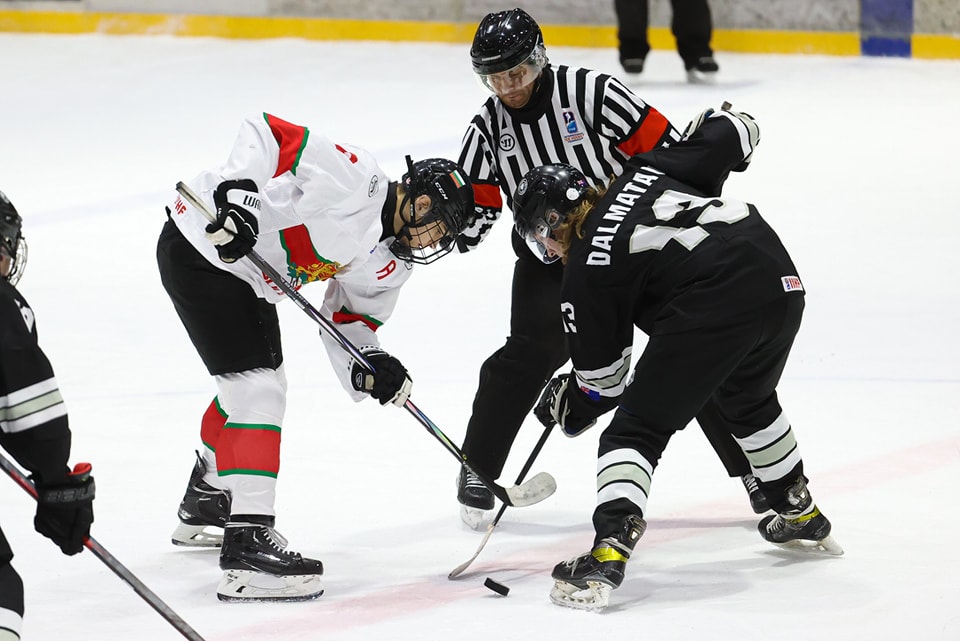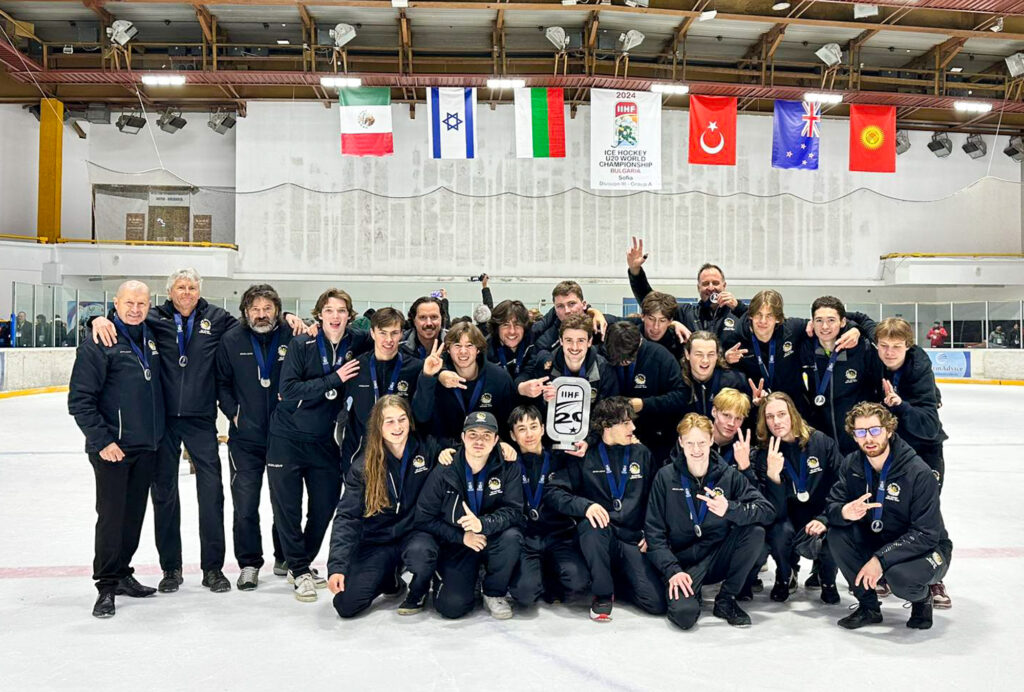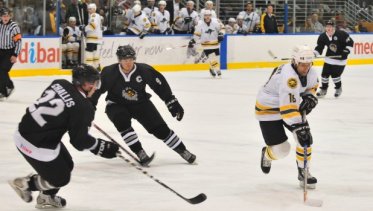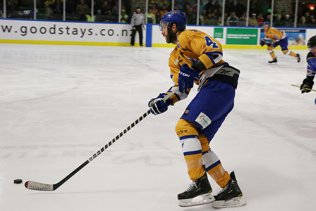“On the Same Page” – U20 Men’s Head Coach Justin Daigle
After the U20 Men’s tournament wrapped up in Bulgaria, we sat down with the Head Coach Justin Daigle to get the inside scoop on everything leading up to the IIHF competition, what happened during the games, and what lies ahead for the team in 2025…
Can you reflect on how this year has been for you leading up to the tournament and during?
2023 was an awesome year. We were incredibly busy locally with Auckland Ice Hockey Association programmes and NZIHL. Some highlights were seeing how many of the U20s got game time in the NZIHL, whether with their respective regional teams or with the Auckland Mako. It was definitely obvious the impact that it had on their development, and the opportunity to play at a high level serves them well when it comes to competition. Another highlight would have been the U21 Nationals. I was unable to attend, but a massive thanks goes to the rest of the U20 staff who made it possible. Feedback from all involved was positive, and I am looking forward to another fun-filled tournament this season. Lastly, the Triple Star programme, which was run a bit differently this year. Each region handled their programme independently, running ice times and off-ice workouts for the U18 men and women, U20 men, and IceBlacks and IceFerns. This had a big impact on the U20s by providing them with more ice time and training opportunity without coming at a high cost.

With being in your position for several years now, taking home a silver medal in response to last year’s tournament is a great step forward, how does it feel now reflecting back and what were some of the challenges you faced?
I have been with the Men’s U20 National team programme since 2017 when it was hosted in Dunedin, NZ. I was an assistant coach that year and have been the Head Coach since 2018. I was unable to attend the tournament last year as my wedding date clashed with the adjusted tournament schedule. Once again, the rest of the team staff stepped up and did a fantastic job of leading the team through competition. We had a good team, but it was the first trip to World’s since COVID-19 shut us down from being able to participate for two years. This meant that there was an entire group of players who had not been away to represent their country at all, and I think that our returning players from last year’s squad gained some immensely valuable experience and brought that into this year. We also saw an injection of incredibly talented U18 graduates who were part of the Gold medal-winning team from U18 World Champs last year. Our challenges are always the same: minimal training time in the lead-up to competition, which makes it difficult to manage energy while also maximising on available ice time in the lead-up to the first game. Another massive challenge is the travel schedule. It is two gruelling days of travel, which depletes energy and exposes the players and staff to plenty of different viruses than we are used to.
To follow that last question, what was your toughest test in this tournament?
I believe our toughest test of the tournament was actually battling through sickness and injuries. We had a lot of players fall ill at some point throughout the competition, and we had some players nursing a variety of injuries. As far as opponents go, our toughest test was against the Israelis. They had a high-octane offence and some highly skilled players, and we had to play them first game of the competition, which was a massive challenge.
What were some of the things that gave the team the competitive edge over the other teams in your division? And can you describe how important that was?
I think we gained a competitive advantage out of the players willingness to buy into our structure. We had very simple systems that were reliant upon commitment and execution and the boys did a great job of trusting the process and doing their jobs. Without that full buy in and full commitment from the players, the systems you put in place as a coaching staff become irrelevant. It was hugely important that we were a cohesive unit that played on the same page.

There was a good amount of young talent and rookies in this squad, tell us what you saw from them and how you thought they did?
We were very fortunate to have such a strong group of players graduate from the U18’s into the U20’s. They brought with them a lot of talent and individual skill and having been through a championship tour the year before, they brought a focus and determination with a winning attitude that certainly spread its way through the team. Not to say that the senior players didn’t have that too but when your youngest players come in focused and driven, it helps the entire squad.
With a blend of youth and experience – is there a noticeable difference in attitude and mentality amongst the group?
I think so! My hat is off to our senior players who did a fantastic job of setting the tone both on and off the ice. The team culture was strong throughout the entirety of the training camp and the competition and our senior players did a tremendous job of leading by example in all areas. The added youth was a welcomed addition and the combination of our senior players and first year U20’s made for a very good mix with good attitudes and a ton of skill.
And what are your focuses for coming season and next year ahead?
I am focused on building off of what we accomplished in Bulgaria. We have set the bar very high for future teams and future players and I am excited to get the ball rolling and getting the planning and preparation underway for the 2025 campaign. We will have a solid amount of returning players and another promising injection of graduating U18’s. We will have a talented group and I look forward to working with all of the players and the rest of the team staff should I be appointed to fill the role of Head Coach again. I just want to finish by once again congratulating the players and wishing luck to those moving on from the U20 programme. I also want to thank the rest of the staff for all of their hard work and the time and energy they all put in. It was a special group across the board.




